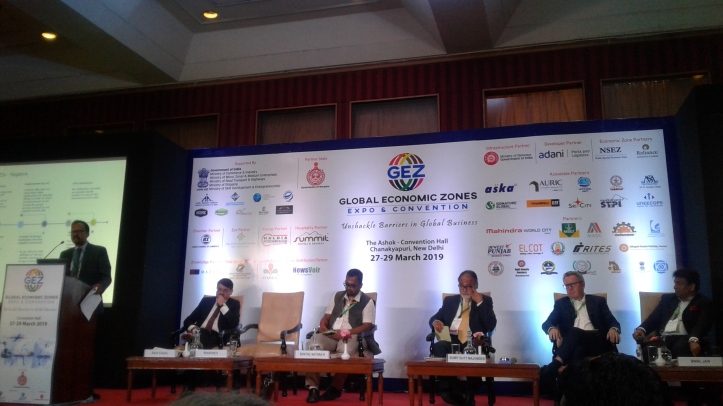Ethnic wage-welfare complex

| CPR and CSH are pleased to invite you to a workshop on ‘Ethnic wage-welfare complex: Migrants, trade unions and the labour market in the city of Kochi’ |
| Speaker: Mythri Prasad-Aleyamma |
| Tuesday, 30 April 2019, 3:45 p.m. Centre for Science and Humanities (CSH), 2, Dr APJ Abdul Kalam Road, (formerly Aurangzeb Road) Please note change in venue. RSVP required. Please confirm participation to neeru.gohar@csh-delhi.com and carry valid photo ID By examining the wages of migrant workers and local unionised labour in the city of Kochi and adjacent towns in Kerala, the paper demonstrates that ‘wage’ embodies practices and processes. It details the labour practices in a port-building site and in urban spot labour markets for construction work. Wages of local workers and that of migrant workers differ not only in terms of quantity, but also in terms of the processes and practices that surround them. These differences are viewed through the lens of cultural politics and spatial differentiation. We do not know much about the historical formation of wages and of the meanings attributed to them by workers in South Asia. The paper is an attempt to begin a conversation around wage practices in the region and the ideological formation of skill and work. About the Speaker Mythri Prasad-Aleyamma is an associate fellow at the Institute for Human development, Delhi. Her research interests primarily revolve around migration and urban transformation in contemporary India. She has a PhD from Jawaharlal Nehru University, New Delhi (Centre for Development Studies). Her doctoral work traces the different types of recruitment of migrants and local Malayali workers that reflect political contests and settlements between trade unions, corporate construction companies and recruitment agencies. Among her publications are two book chapters: ‘A Market Place for Migrants: Mobility, Settlement and Social Protection in Kerala’ (Palgrave Macmillan); ‘Territorial Legends: Politics of Indigeneity, Migration, and Urban Citizenship in Pasighat’ (Springer) and articles in Contributions to Indian Sociology, Contemporary South Asia and Economic and Political Weekly. Find all the available videos of our previous workshops, here. |
No comments:
Post a Comment